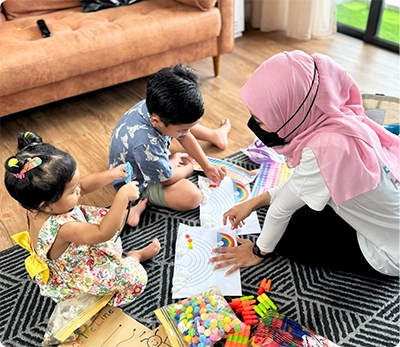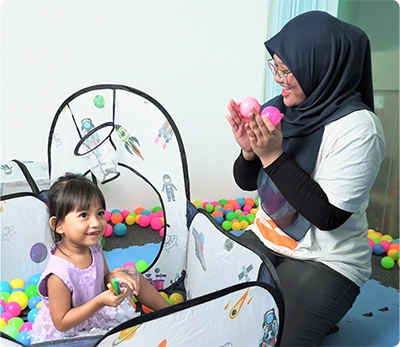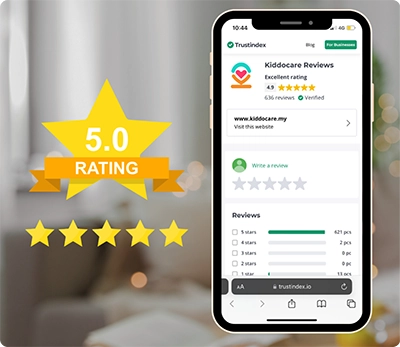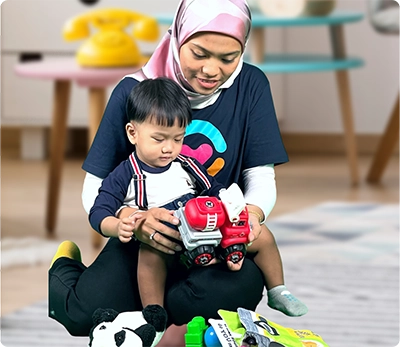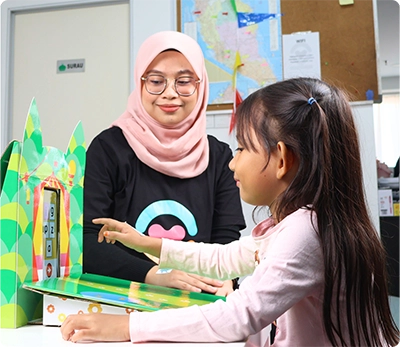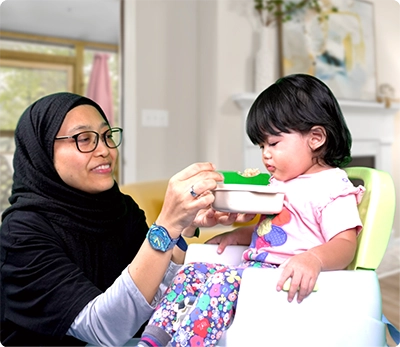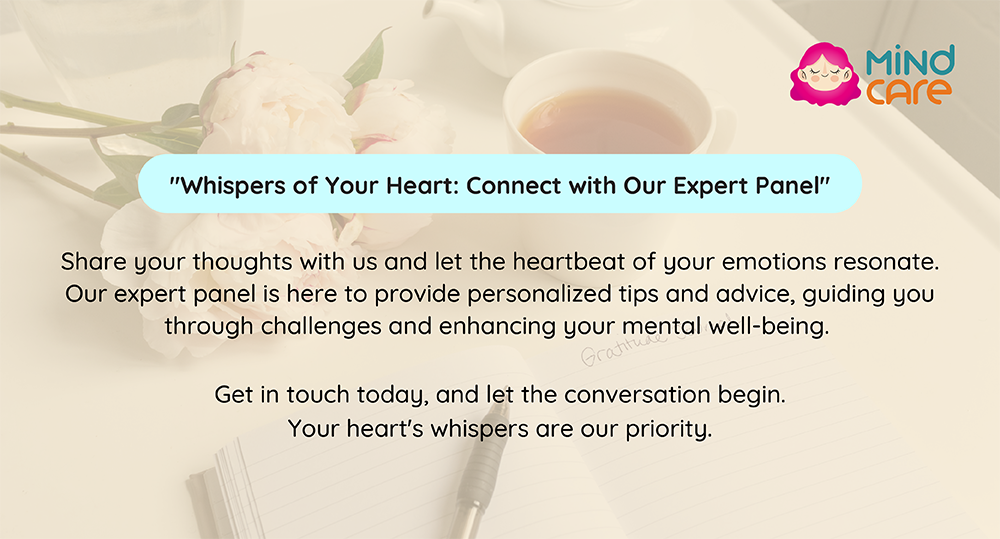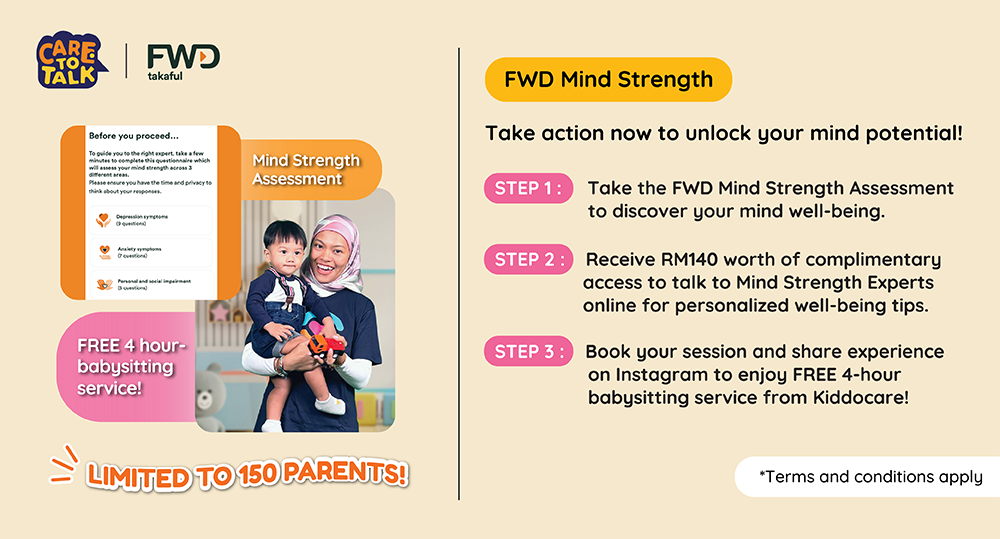Empowering the Next Generation:
How Can We Break Generational Cycles?

Breaking harmful cycles such as abuse, poverty, emotional trauma, and parental distance is a critical step in creating a better future for our children. These problems affect children’s lives and have an emotional and psychological impact because they are frequently passed down through the generations. This article looks at how we might address these issues to give the next generation a better life.

Cycle of Abuse
In many cases, damaging patterns are passed down from previous generations unintentionally. These problems have a long-lasting effect on developing minds. For instance, children raised in a cycle of abuse or violent circumstances are more likely to mimic that behaviour or the emotional detachment as a result of parents who are overly preoccupied with their careers or other things.
In families where abuse has existed for many generations, whether it be verbal, emotional, or physical, these actions become normal. Children who grow up in abusive homes may learn to embrace conflict and hostility as normal ways to cope with stress. As a result, abuse gets passed down from one generation to the next in a vicious cycle.
It is important to concentrate on intervention, therapy, and education to end this cycle. To empower parents to break out from abusive patterns, it is encouraged to participate in parenting programmes that teach healthy conflict resolution, communication, and emotional intelligence. Parents can also reach out for counselling or therapy sessions so they can learn about the effects of past trauma so they will realise not to repeat the same mistakes with their children. Many organisations provide counselling and emotional support for families in need.

Cycle of Poverty
Poverty has a ripple effect that impacts not only the financial well-being of a family but also the emotional and mental health of children. Growing up in poverty frequently makes it more difficult to access social support networks, high-quality healthcare, and education. A lack of resources can keep children stuck in a difficult situation by preventing them from breaking free of the pattern.
Studies have shown that access to quality early education improves a child’s future earning potential and overall well-being. Offering financial assistance and educational opportunities is essential to breaking the cycle of poverty. To ensure the success of children from low-income households, governments and organisations should fund early childhood education, scholarships, and mentorship programmes. Furthermore, by enabling parents to make wiser financial decisions, financial literacy education can raise the standard of living for coming generations.

Emotional/Childhood Trauma
Emotional and childhood trauma often go unaddressed, but it has a significant negative impact on children’s mental and emotional health. Long-term psychological impacts might result from traumatic experiences including growing up in insecure circumstances, seeing violence, or experiencing parental neglect. These unresolved traumas frequently resurface in adulthood, impacting interpersonal connections and parental abilities.
A proactive strategy that prioritises mental health awareness, therapy, and emotional intelligence training is necessary to break the cycle of emotional trauma. To provide emotional support services and create safe spaces where kids feel heard and respected, communities and schools may play a critical role. Both parents and children can benefit from therapy that addresses the root causes of emotional trauma and helps families develop healthier coping mechanisms.

Parental Distance
Children who experience parental distance whether as a result of physical or emotional absence may feel abandoned and neglected. It might be difficult for many parents to keep up deep relationships with their children in this day and age of hectic schedules and demanding lifestyles. This emotional disconnect can cause problems in children like poor self-worth, behavioural disorders, and trouble establishing positive connections.
How do we overcome this?
The key to overcoming parental distance is prioritising quality time and encouraging open communication. Encouraging your children to express their ideas and feelings without fear of criticism improves the bond between you and your children and helps keep them from being emotionally distant in the future.
Even if you are a parent with a hectic schedule, little acts of kindness like regular check-ins, family activities, and providing a safe space for your children to express themselves can have a big impact on their mental well-being.

What Else Can Be Done?
One of the most effective strategies for ending these loops is education. Education not only brings opportunities and knowledge but also a feeling of empowerment and hope. Understanding more about financial planning, interpersonal connections, and mental health can help both parents and kids break free from bad habits.
A support system is needed to break these cycles. Governments, educational institutions, and local communities must collaborate to develop initiatives that give parents and children the resources they need. Building a network of support will enable the next generation to succeed, whether it takes the form of mentorship programmes, free therapy, or support groups.
Breaking generational cycles is not easy, but it’s possible with the right mindset and support systems in place. Together, parents, educators, and communities need to build a better future where all children can thrive without being constrained by their history of trauma. Let’s end the ties that bind us to the past and start a new, positive cycle of growth for upcoming generations.




